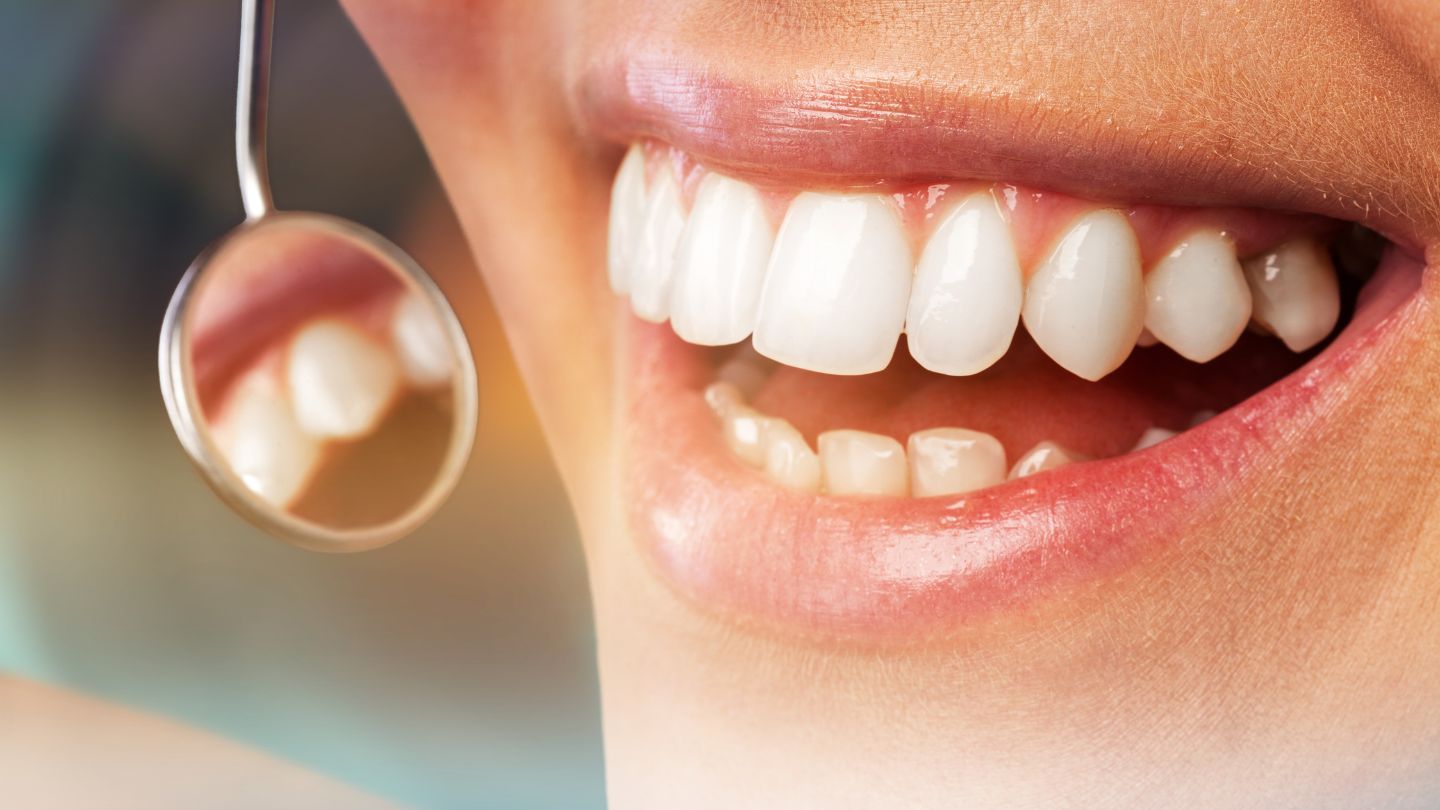Introduction
A bright, white smile can be a confidence booster and a sign of good oral health. Whether you’ve undergone a professional teeth whitening treatment or you’re simply looking to maintain the natural brightness of your teeth, it’s important to take steps to preserve your results. In this essay, we will discuss effective strategies for prolonging the effects of teeth whitening and keeping your smile radiant. 
A bright, white smile can boost your confidence and enhance your appearance. Whether you’ve recently undergone a whitening treatment or you’re simply looking to maintain the natural brightness of your teeth, it’s essential to take proactive steps to preserve your results. In this essay, we will explore effective strategies for prolonging the effects of whitening and keeping your smile radiant.
1. Practice Good Oral Hygiene
Maintaining a consistent oral hygiene routine is crucial for preserving your teeth whitening results. Brush your teeth at least twice a day, using a whitening toothpaste to help remove surface stains and prevent new ones from forming. Flossing daily is also essential for removing plaque and debris from between your teeth, where stains can accumulate.
2. Avoid Staining Foods and Beverages
Certain foods and beverages can stain your teeth, undoing the effects of your whitening treatment. Coffee, tea, red wine, and dark-colored berries are common culprits. Limit your consumption of these items, or if you do indulge, rinse your mouth with water afterward to help minimize staining.
3. Quit Smoking
Smoking is not only harmful to your overall health but can also have a detrimental effect on the appearance of your teeth. The tar and nicotine in tobacco can cause yellowing and discoloration. Quitting smoking can help preserve your teeth whitening results and improve your oral and overall health.
4. Use a Straw
When consuming beverages that can stain your teeth, such as coffee, tea, or soda, consider using a straw. This can help minimize contact between the staining liquids and your teeth, reducing the risk of discoloration.
5. Eat a Balanced Diet
A balanced diet not only contributes to your overall health but can also help maintain the brightness of your smile. Crunchy fruits and vegetables, such as apples and carrots, can help clean your teeth naturally by removing plaque and surface stains.
6. Schedule Regular Dental Check-ups
Regular dental check-ups are essential for maintaining oral health and detecting any issues early on. Your dentist can also provide professional cleanings to remove stubborn stains and recommend touch-up treatments to maintain your whitening results. 
7. Consider Touch-Up Treatments
Depending on the type of teeth whitening treatment you’ve undergone, you may need periodic touch-up treatments to maintain your results. Talk to your dentist about the best options for you based on your individual needs and lifestyle.
In conclusion, maintaining the results of your teeth whitening treatment requires a combination of good oral hygiene practices, dietary choices, and lifestyle changes. By following these tips and staying proactive about your oral health, you can enjoy a bright, white smile for years to come.
Conclusion
Maintaining a bright, white smile requires dedication to good oral hygiene and lifestyle choices that support dental health. By following the tips outlined in this essay, you can prolong the effects of your teeth whitening treatment and enjoy a beautiful smile for years to come. Remember, consistency is key, so make these habits a part of your daily routine to maintain your bright smile and overall dental health.
FAQs
Q 1: How long do teeth whitening results last?
The duration of teeth whitening results can vary depending on factors such as diet, oral hygiene habits, and lifestyle choices. In general, the effects of whitening can last anywhere from several months to a few years. Touch-up treatments or lifestyle modifications, such as avoiding staining foods and beverages, can help prolong the results.
Q 2: Can I whiten my teeth at home?
Yes, there are several at-home whitening options available, such as whitening toothpaste, strips, and trays. However, for more effective and longer-lasting results, professional whitening treatments performed by a dentist are recommended.
Q 3: Will teeth whitening make my teeth sensitive?
Some people may experience temporary tooth sensitivity after teeth whitening, but this is usually mild and resolves on its own. Using a desensitizing toothpaste or following your dentist’s recommendations can help minimize sensitivity.
Q 4: How often should I have my teeth professionally whitened?
The frequency of professional whitening treatments depends on factors such as your oral hygiene habits, diet, and lifestyle choices. In general, it’s recommended to have professional touch-up treatments every 6 to 12 months to maintain the brightness of your smile.
amir
Stay in the loop

